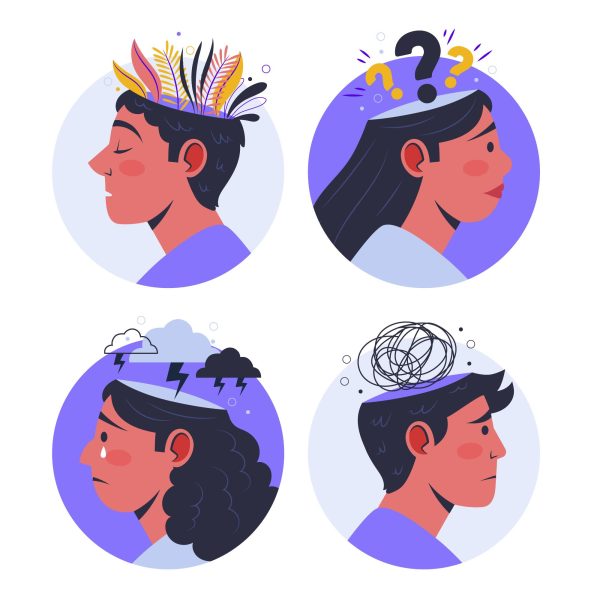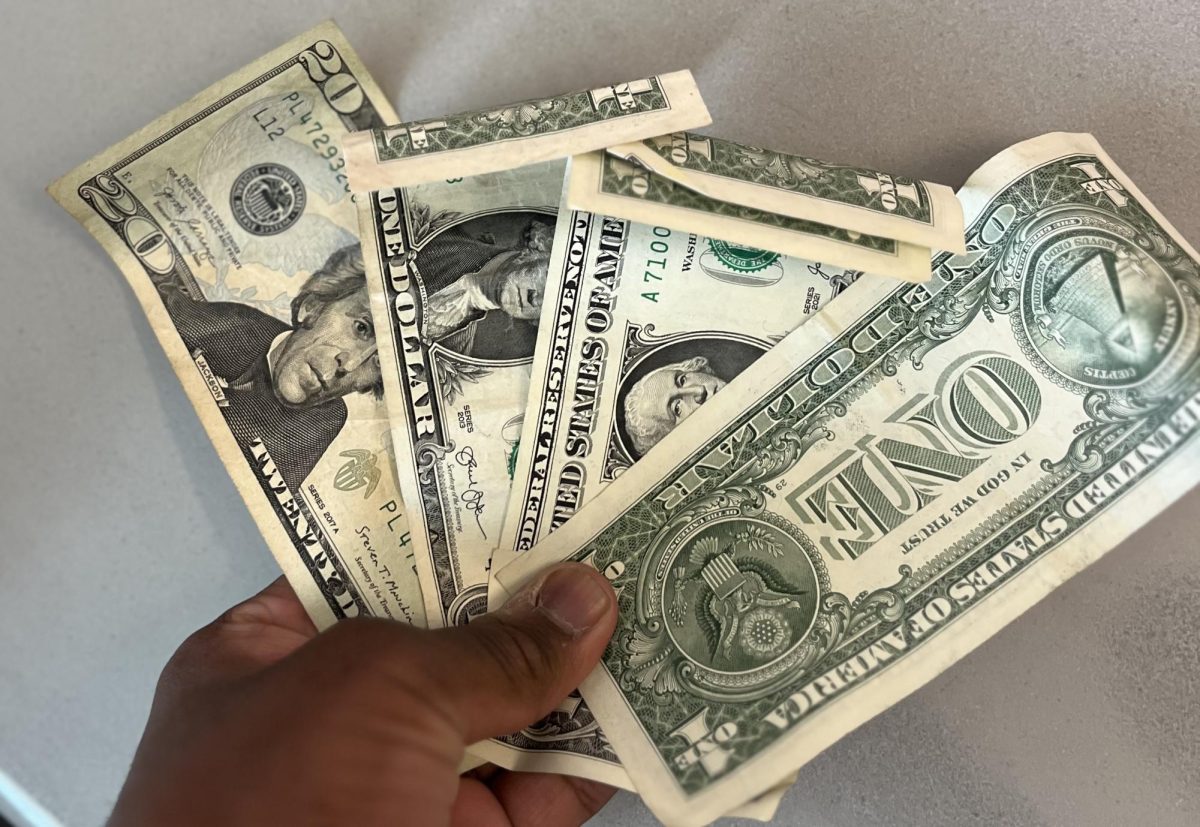High school is stressful. With classes, homework, sports, clubs, jobs and a social life, it can feel like there are no breaks. And while we are allowed to stay home when we are physically sick, what about when we’re exhausted mentally, overwhelmed or just burned out? This is why it’s time schools officially recognize mental health days as a valid reason for being absent.
Mental health is just as important as physical health, since it is a component of your physical health. If you had COVID, for example, no one would expect you to come to school and power through. But when you’re mentally tired, anxious or dealing with depression, there’s often pressure to tough it out and act like everything’s fine. This mindset can be harmful—not only does it ignore the importance of mental health struggles, it can also worsen them.
Mental health days give students a chance to reset and rest. Sometimes, what a person needs is a day to relax, reflect or seek support. Whether it’s going to therapy, journaling, taking a walk or getting some extra sleep, a mental health day can make a big difference. It helps prevent burnout and encourages a healthy mindset, especially in a time when stress and anxiety levels among teens are higher than ever.
More than 40% of high school students report feeling sad or hopeless. That’s not only a statistic but a harsh reality. If schools truly care about students’ well-being, then mental health should be a priority. This needs to be discussed and implemented into school policy.
New solutions include passing legislation to incorporate mental health days in the school year either as an excused absence or “holiday.” Some schools and states have already taken action. Oregon, Utah and Illinois have passed laws allowing mental health days to be counted as “excused absences.” This shows that it is possible to implement this change—schools just need the willpower to make it happen.
Of course, critics of this idea worry students might abuse this system and just use mental health days as an excuse to skip school. But the truth is, people already fake being “sick” when they need a break. By officially recognizing mental health days, we actually create a space for honesty and reduce the stigma around asking for help. Students should not be pressured to lie just to take a break.

Recognizing mental health days also sends an important message: it’s okay not to be okay. It tells students that their feelings are valid and their well-being matters. This kind of support can make a big difference, especially for those who are struggling alone.
We’re always told to “take care of ourselves,” but what does that mean if we aren’t given the time to actually do it? Schools should start showing their support for mental health–not just in words but in action. Recognizing mental health days is a simple step toward a healthier, more balanced school culture.








